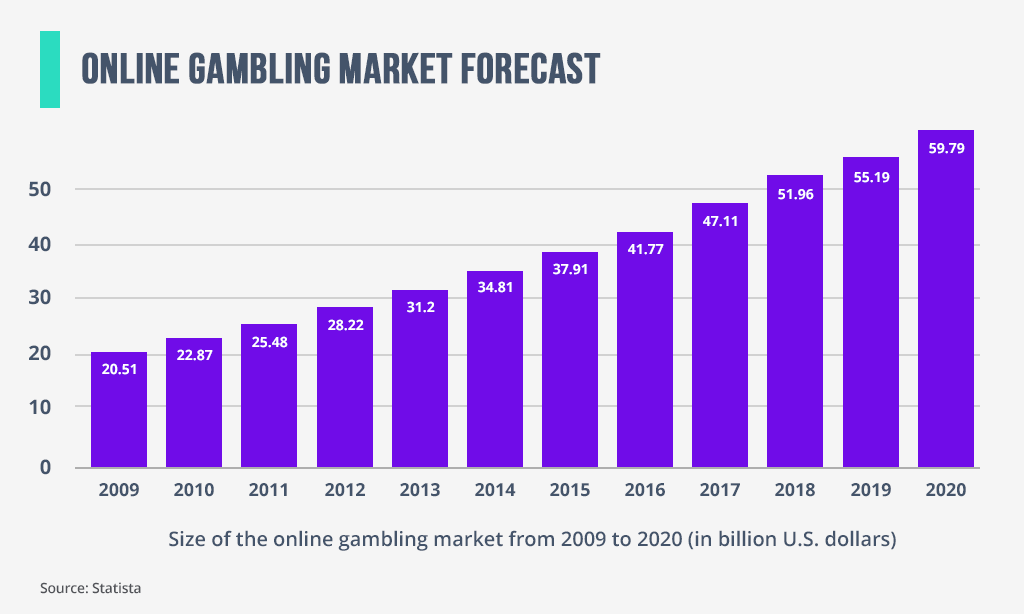The Bitcoin price will hit ‘at least $10,000’ even before the four-yearly ‘halving’ event taking place in two weeks, predicts the CEO of one of the world’s largest independent financial advisory organisations.
The prediction from the chief executive and founder of deVere Group, Nigel Green, comes as the price of the world’s largest cryptocurrency suddenly soared by more than $1,500 on Thursday, moving it to its highest value since February. It peaked at $9,400.
It comes ahead of May’s highly anticipated halving event. Occurring every four years, halving means that less and less Bitcoin – which is limited to 21 million units – will be mined.
In 2012, the number of new Bitcoins issued every 10 minutes fell from 50 to 25. In 2016, it went down from 25 to 12.5. Now, in the 2020 halving, it will drop from 12.5 to 6.25.
Mr Green says: “We see the cryptocurrency market already significantly picking up pace ahead of the historic event in May.
“Investors are now increasing their exposure to Bitcoin as the halving – only the third in its 11-year history – will push up prices sharply due to the dramatically lower supply combined with a steady demand and increasing awareness of digital currencies.”
Previous Bitcoin halving events have prompted impressive price climbs. The 2016 halving triggered a 300 per cent jump in the value of Bitcoin.
But the 2020 one could be even more remarkable, believes the deVere CEO.
He notes: “May’s event could herald Bitcoin’s coming of age.
“It will, of course, drive prices higher – but, in my opinion, the jump could be even more impactful due to these unprecedented times.
“The digitalisation of our lives is accelerating at a faster pace than ever before. We’re in an exciting new era driven by technology.
“This new world needs new ways of doing things to fit the new normal. Clearly, one of those things which is needed now more than ever, as the world becomes ever-more digitalised and globalised, is digital and global currency, such as Bitcoin.
“This will not have gone unnoticed by investors who are increasingly piling into cryptocurrencies.”
Mr Green continues: “Also, these unusual times have forced central banks to increase monetary supply. By printing never-seen-before amounts of money, traditional currencies are devalued and inflation fears rise.
“This will also drive investors towards decentralised, non-sovereign digital currencies.”
Mr Green concludes: “The excitement of the forthcoming rare halving event, together with the new era we’re in, will drive the price of Bitcoin exponentially and sustainably.
“I believe we can expect it to hit at least $10,000 before the May event itself.
“Beyond that, we could see an explosion in the price of Bitcoin due to real-world issues it addresses and increasing adoption.”





